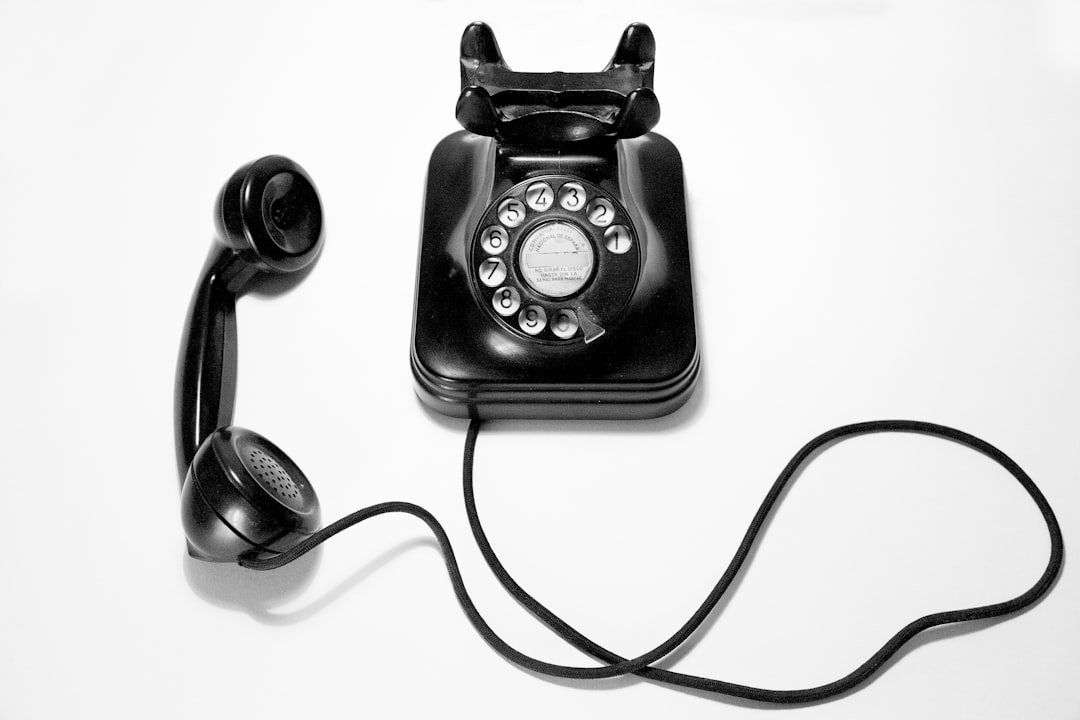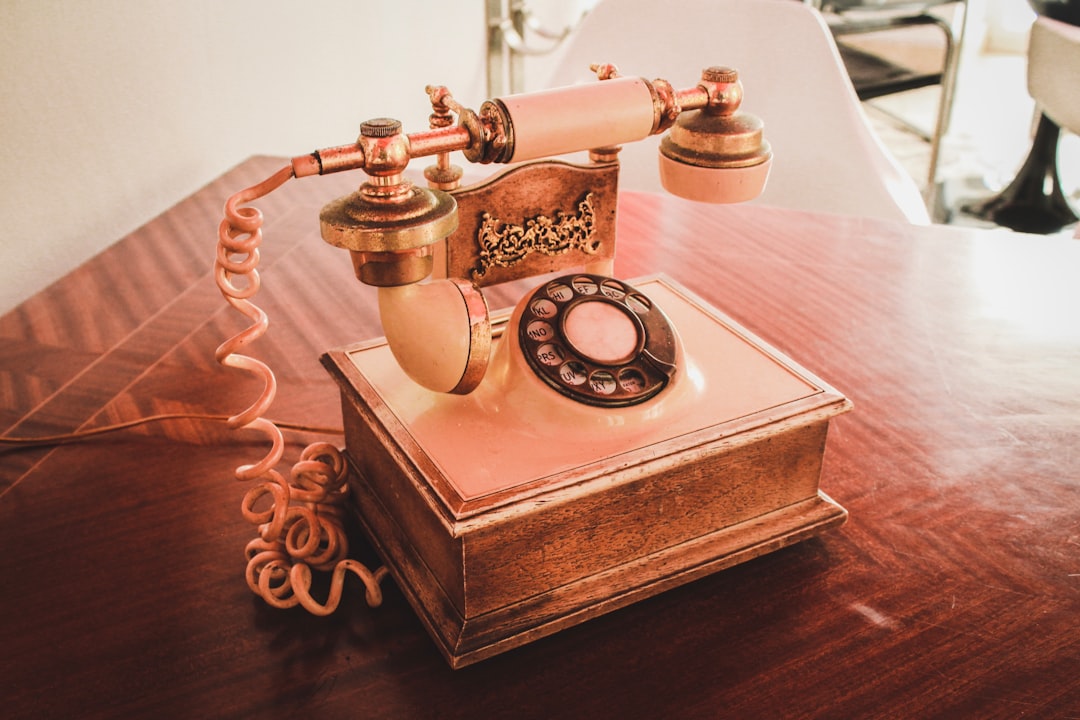Florida residents facing unsolicited charity calls have legal rights. Document suspicious numbers, block callers, and consult a specialized Unwanted Call Lawyer in Florida to understand options like FTC complaints or damages for violative telemarketing practices by charities. Stay calm, decline or remove from calling lists, and seek legal help for persistent aggression, ensuring your rights are protected via reputable unwanted call law firms Florida.
Receiving an unsolicited call from a charity can be frustrating. In Sarasota, Florida, understanding your legal rights is crucial. This guide explores what to do when you get an unwanted charity call, focusing on the laws protecting you and options available. If you’re overwhelmed or unsure about your next step, consider consulting with an experienced Unwanted Call Lawyer in Florida or Unwanted Call Attorney in Florida. A reputable Unwanted Call Law Firm in Florida can provide expert advice to ensure your rights are respected.
Understanding Unsolicited Charity Calls in Florida

In Florida, unsolicited charity calls are a common occurrence, but it’s essential to understand your rights as a caller can often violate state laws protecting consumers from unwanted telemarketing practices. If you receive such a call, especially from an unknown or suspicious number, it’s advisable to take note of the details—including the caller’s name, organization, and purpose—and then block the number if necessary.
If you feel your rights have been infringed upon or suspect fraudulent activity, considering consulting with a lawyer specializing in unwanted calls in Florida can be beneficial. Unwanted call attorneys in Florida are equipped to handle such matters, offering guidance on legal options available to you, including potential remedies against the charity or the company making the calls. They can help ensure your rights as a Florida resident are respected and protect you from future unsolicited communication.
Legal Rights and Options When You Receive an Unwanted Call

If you receive an unwanted call from a charity in Sarasota, Florida, it’s important to know your legal rights and options. While charitable organizations are generally exempt from certain telemarketing laws, there are still protections in place to prevent them from making intrusive or harassing calls. As per the Telephone Consumer Protection Act (TCPA), charities cannot call you without prior express consent if you have not donated or otherwise given permission.
If you feel that your rights have been violated by a charity’s unwanted calls, you may want to consult with an experienced lawyer for unwanted call cases in Florida. An attorney can help you understand your options, which may include filing a complaint with the Federal Trade Commission (FTC) or seeking damages through legal action if the organization has repeatedly ignored your “do not call” requests. Engaging a reputable law firm specializing in unwanted call cases can ensure that your rights are protected and that the charity is held accountable for any violations.
How to Handle and Respond to Unsolicitied Charity Calls Effectively

Receiving an unsolicited call from a charity can be frustrating, but there are effective ways to handle and respond to such calls. The first step is to remain calm and polite. You have the right to decline the call politely or even request to be removed from their calling list. A simple “thank you for your interest, but I am not interested” or “please remove me from your caller ID” can suffice. It’s important to remember that while charities are doing good work, they must adhere to strict laws regarding telemarketing practices, and unsolicited calls are often a result of oversights or errors in data management.
If the calls persist or you feel aggressive tactics are employed, it’s advisable to consult with an unwanted call lawyer Florida. An experienced attorney from a reputable law firm specializing in such matters can help you understand your rights and take appropriate action. They can file a complaint on your behalf with the Federal Trade Commission (FTC) or state attorney general’s office, which monitors and enforces Do Not Call lists. Additionally, they can guide you on seeking damages if the charity has violated any consumer protection laws, ensuring that unwanted calls don’t turn into a nuisance but rather a successful resolution.






